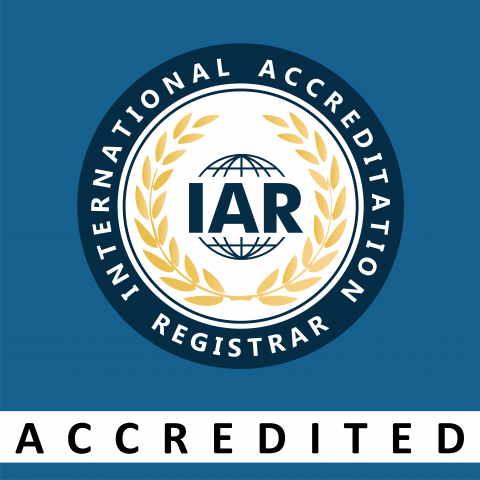You are here
Frequently Asked Questions - ISO 45001
Starting with your initial consultation with our ISO specialists and progressing through certification, the timeline can be as short as 15 days. However, the duration is contingent upon the size and complexity of your business. It's worth noting that we can often expedite the process and reduce costs by preparing the Documented Management System Manual on your behalf, which can also accelerate the certification for your business.
Following ISO 17021 guidelines, accredited certification bodies must provide certified organizations with certificates covering a 3-year certification cycle. Extensions beyond this timeframe are possible with the completion of necessary external audits and adherence to the certification cycle. ISO Certification, for instance, commonly issues certificates throughout a ten-year contract period.
At Company Certification, our dedication is to ensure that ISO certification remains cost-effective for all our clients. The expenses involved depend on various factors including your industry sector, annual turnover, number of employees, and other considerations. Feel free to utilize our complimentary calculator to receive an instant quote.
ISO certification is reserved for organizational entities, and not for individual professionals.
ISO 45001 serves as the global standard for managing occupational health and safety. Securing an ISO 45001 certificate signifies the establishment of a dedicated system to minimize the risk of occupational injuries and diseases.
ISO 45001 is applicable to any organization seeking to enhance health and safety risk management, boost productivity, and safeguard its reputation. Furthermore, implementing ISO 45001 can enhance business efficiency by minimizing absenteeism and workplace accidents.
The primary distinction between OHSAS 18001 and ISO 45001 lies in the latter's more proactive approach and broader scope. ISO 45001 includes requirements that center around leadership, employee engagement and awareness, and a heightened focus on various aspects of health, including mental well-being. Additionally, it places significant emphasis on the identification and analysis of both risks and opportunities.
ISO 45001 certification contributes to safeguarding your staff from accidents, illnesses, and injuries by mitigating workplace risks and hazards. Its advantages encompass:
- Establishing controls for legal compliance
- Elevating employee health and safety awareness
- Diminishing absenteeism and enhancing efficiency
- Lowering the incidence of workplace accidents
- Improving staff morale and loyalty
- Enhancing organizational reputation
ISO 45001 is not a legal mandate. Nevertheless, it is strongly recommended for businesses that prioritize worker well-being, value their reputation, and aim to enhance operational efficiency.

